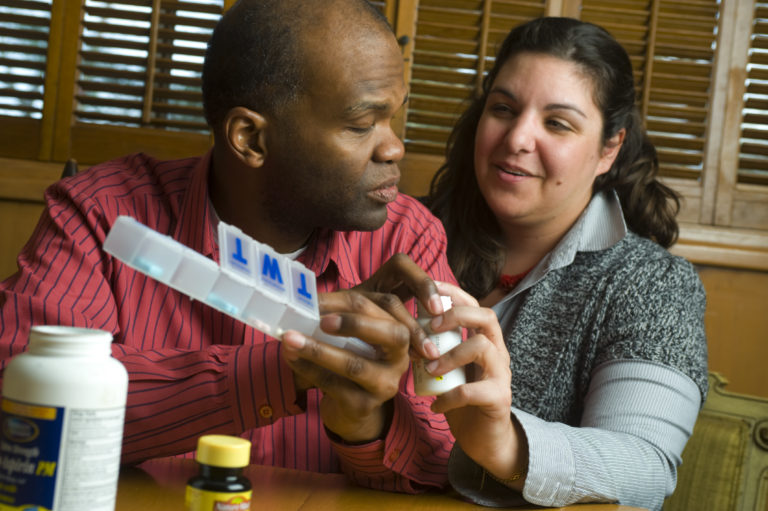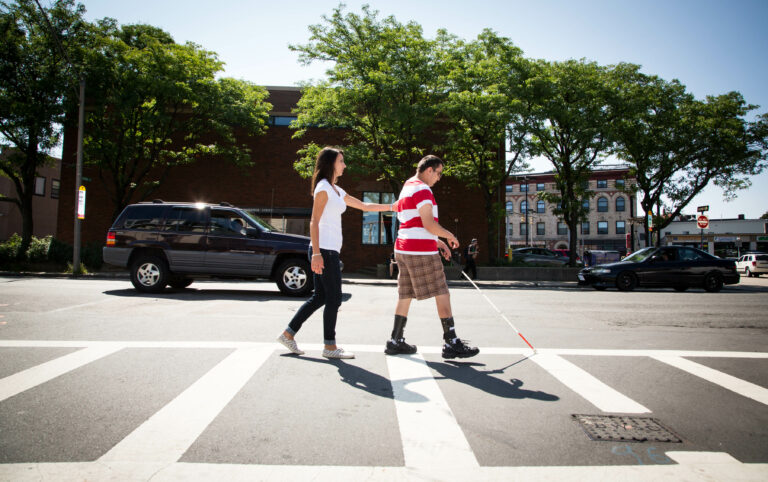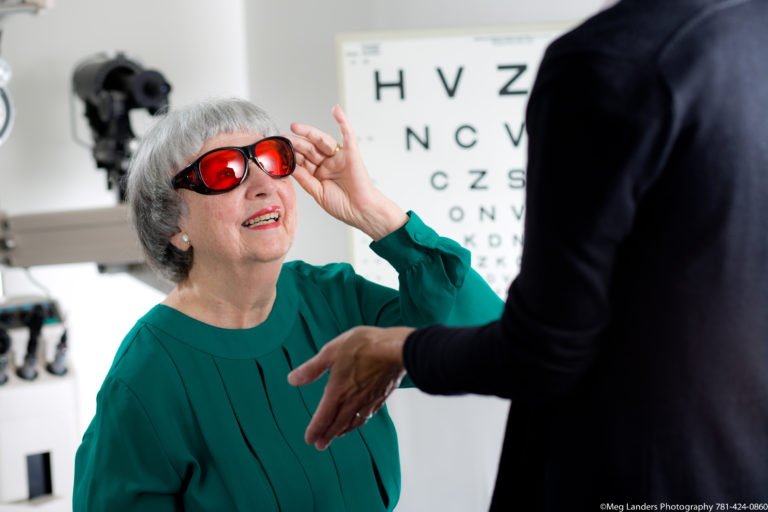Eye Diseases
Common Eyes Diseases that may cause blindness or impaired vision, and overviews of their causes/symptoms/possible solutions:
Cataracts
- The lens of the eye, which focuses light on the retina, is located behind the pupil.
- Cataracts are formed when the normally clear lens becomes clouded.
- Cataracts are generally removed surgically and replaced with an artificial lens, contact lenses or glasses.
- In an otherwise healthy eye, cataract surgery is usually successful, and individuals regain most of the lost vision.
Detached Retina
- The retina is a thin membrane which lines the back of the eye and acts as a kind of “movie screen”.
- This is where the image or picture is formed and is then transmitted to the brain for interpretation.
- If the retina is detached, no image is “seen”.
- The detachment can be partial or total.
- Detachment can occur in a variety of ways, but most commonly happens through trauma or accident.
- Re-attachment is performed surgically, usually on an outpatient basis. In most cases, in an otherwise healthy eye, full vision is restored.
Diabetic Retinopathy
- Retinopathy is a complication that sometimes occurs as a result of diabetes.
- Chemical and vascular changes within the eye cause normally healthy blood vessels to become weak and leaky.
- Hemorrhages may occur, and the eye may grow new vessels in an effort to maintain a healthy blood supply.
- Most individuals experience little or no discomfort but may notice a decrease or impairment in their vision.
- Laser treatments are usually performed to cauterize the abnormal blood vessels.
- Individuals are monitored carefully for any additional vascular changes.
- Retinopathy is the leading cause of new blindness. Early diagnosis is critical in preventing vision loss in people with diabetes.
Glaucoma
- Glaucoma occurs when the pressure within the eye increases, causing damage to the optic nerve.
- The optic nerve, located in the back of the eye, is the main nerve to the eye.
- In most cases, the person does not experience discomfort but will notice a decrease in peripheral and night vision.
- Treatment usually consists of either medication or surgery to decrease pressure.
- The person’s remaining vision is usually saved, whatever vision has been lost generally cannot be restored.
Macular Degeneration
This degenerative disease affects the macula of the eye, which controls central vision. Individuals will usually notice a blind spot. Although most retain some functional vision, some people experience total vision loss. Although this disease is most common in older people (MD is the leading cause of blindness in those over 55) anyone can get it. There is currently no cure for this disease. Individuals are taught, with the assistance of magnification, to use their peripheral vision for detail work (e.g. reading, sewing), normally performed with central vision.
Retinitis Pigmentosa
This hereditary disease affects the retina of the eye. Usually diagnosed in childhood or early adolescence, the disease typically impairs peripheral and night vision, leaving the person with tunnel vision. Some individuals may retain limited vision for years, while others will experience total vision loss. There is currently no cure for this disease.
Retinopathy of Prematurity
In order to help premature babies survive, medical intervention sometimes includes administering high levels of oxygen through their incubators. These high levels can affect vision. Formerly known as retrolental fibroplasia (RLF), the etiology of this disease is still unclear.
Prevention
Taking care of your sight is the first step in preventing blindness. Here are some ways to prevent vision loss:
- Schedule regular eye exams
- Tell your doctor if you notice any changes in your vision
- Learn about your family’s medical history and get checked for any genetic disorders you may carry
- Avoid eye strain from the computer – change your lighting to lower glare and harsh reflections
- Wear sunglasses and protective eyewear
- Maintain a healthy, balanced diet
- Refrain from smoking
Services we provide
-
Rehabilitation
MABVI’s in-home vision rehabilitation service is provided by licensed occupational therapists. This service focuses on improving household safety, healthcare management, and adaptive strategies for doing the things you want to do in life.

-
Orientation and Mobility
Training for caregivers and individuals on safe, effective travel in the community and at home.

-
Exams
MABVI makes referrals to low vision specialists throughout the state. These exams focus on how to use lighting, optical devices, and large print materials to help in your daily life.

